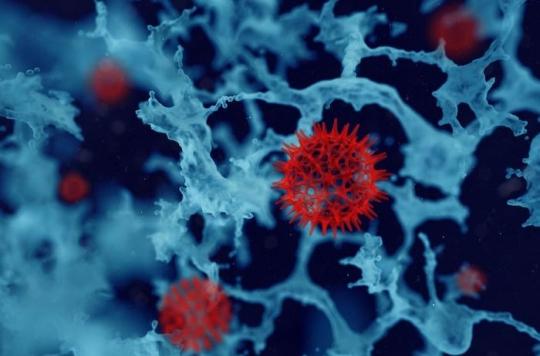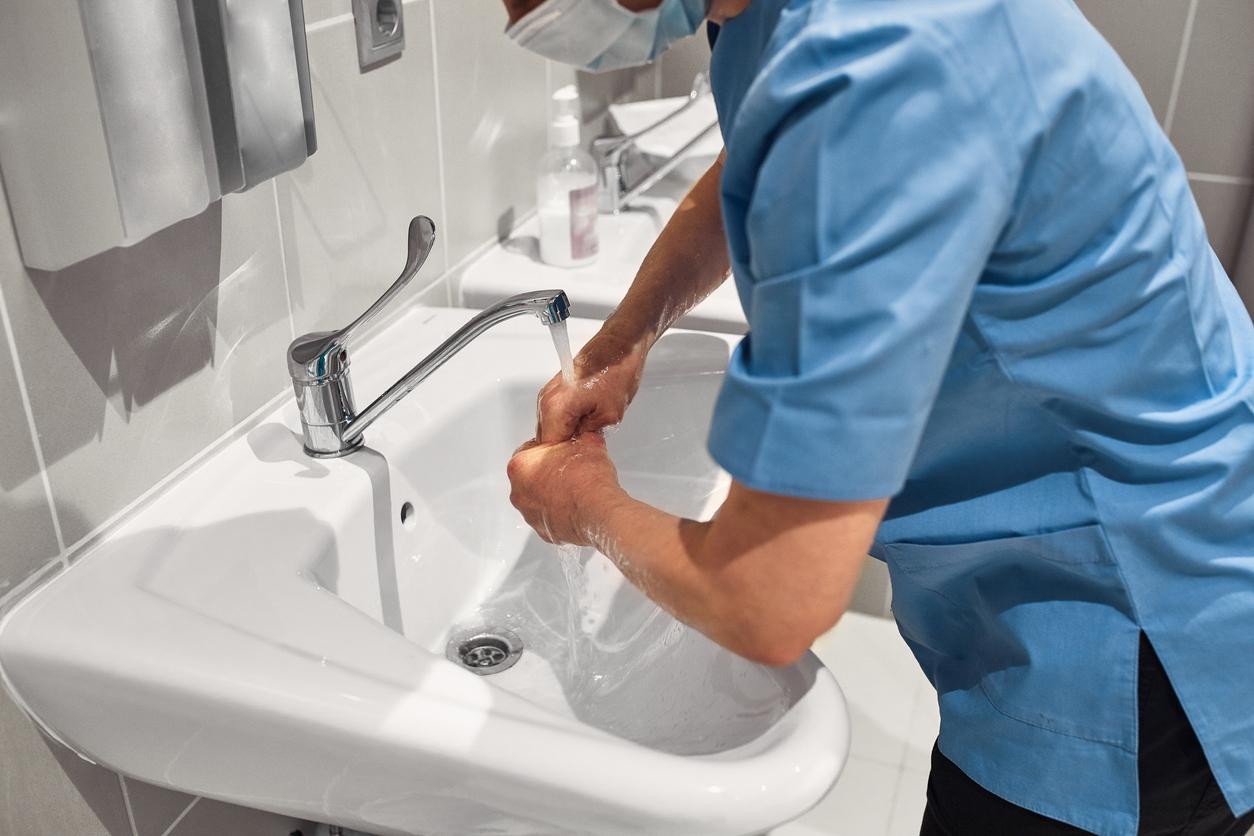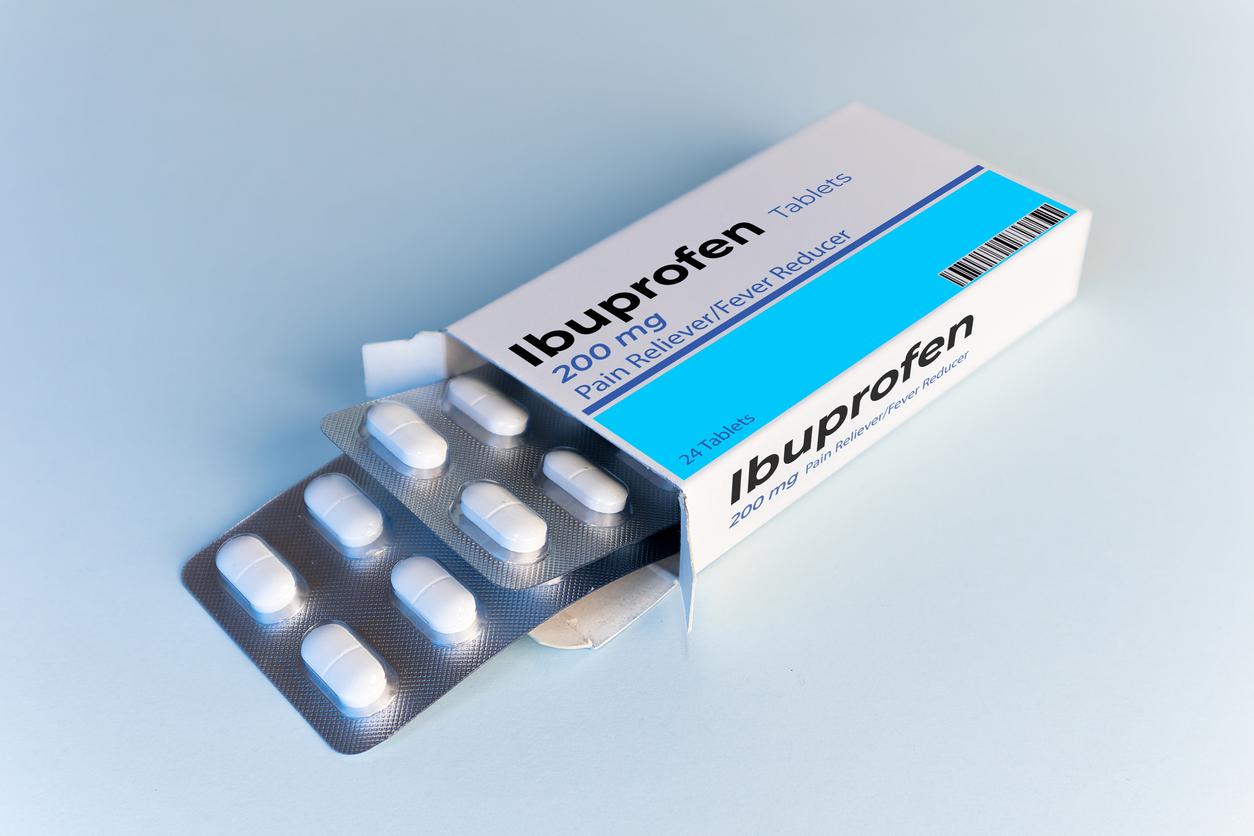Scientists are warning of the dangers of the bacteria Staphylococcus epidermidis, some strains of which have become resistant to antibiotics commonly used in hospitals, causing potentially incurable infections.

Originally, the bacteria Staphylococcus epidermidis is naturally present on the skin and mucous membranes of humans. The colonies of S. epidermidis are usually white or beige, and have a diameter of about 1−2 mm after overnight incubation. It can be responsible for skin, nasal or urinary tract infections, and more easily affects people with compromised immune systems. Patients who have catheters or prostheses are also a population at risk.
Australian researchers warn about the dangers of this microorganism in the journal Nature Microbiology. “Staphylococcus epidermidis has become a formidable nosocomial pathogen”, they explain. “Using genomics, we have revealed that three multidrug resistant and hospital-adapted Staphylococcus epidermidis lines have emerged over the past decades and have spread globally.”
Potentially incurable infections
According to scientists, some strains of Staphylococcus epidermidis have slightly modified their DNA, in order to better resist antibiotics commonly used in hospitals (rifampicin, glycopeptides, vancomycin, teicoplanin). They found three variants of this multidrug-resistant bacteria in samples from 96 facilities in 24 countries, including strains from Europe.
“We started with samples in Australia”, then we got, with other samples, a “big picture and found that the bacteria is present in many countries and many institutions around the world”, explains Ben Howden , Director of the Microbiological Diagnostic Unit of the Public Health Laboratory at the Doherty Institute at the University of Melbourne. Therefore, Staphylococcus epidermidis could cause potentially incurable infections.
Nosocomial infections in France
Nosocomial infections are still a public health issue today. Approximately 750,000 patients contract one during a passage in the operating room (they were 16% in 2017). However, according to an IPSOS survey carried out for Johnson & Johnson Medical Devices, in partnership with the French Society of Hospital Hygiene (SC2H), two in three French people consider themselves to be poorly informed.
According to the results, more than 9 out of 10 French people know the name of post-operative infections. However, only one in 3 French people questioned had a fair estimate of the frequency of surgical site infections (SSI), established between 0 and 5%, while they tend to be overestimated. This result indicates that only 28% of those questioned consider themselves well informed about these post-operative infections.
.
















